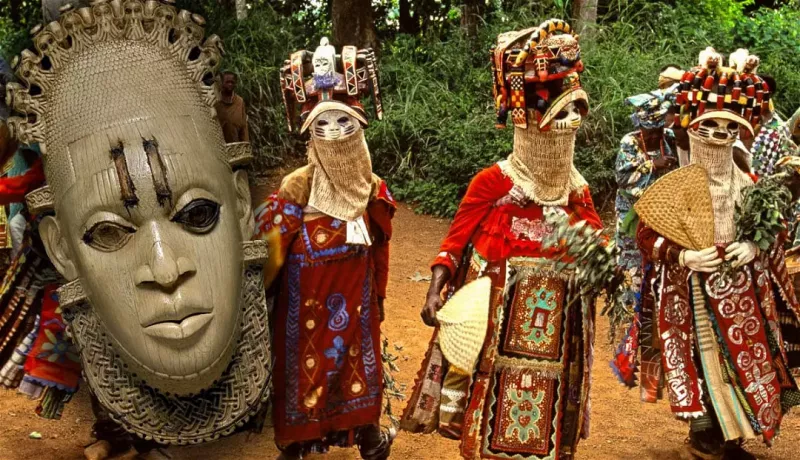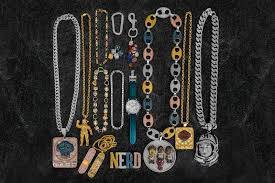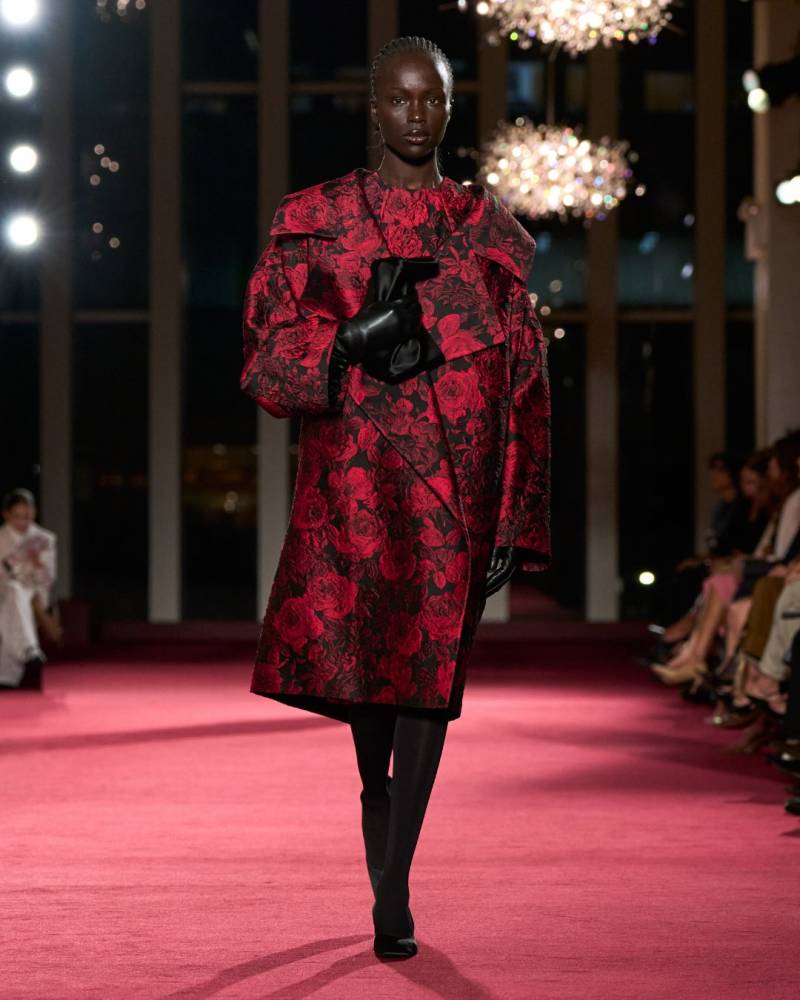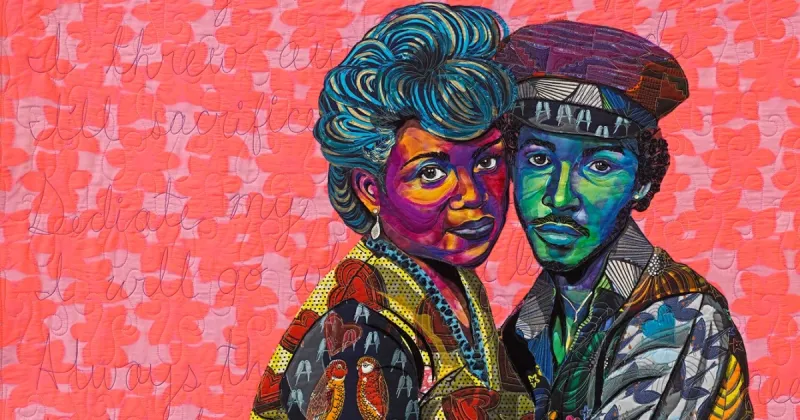Masks are one of the most fascinating artefacts from African culture. Western museums and galleries often display African masks as art objects on the wall or in glass vitrines, but by treating them in this way, we miss the opportunity to really understand where the masks have come from, and the great spiritual significance they have inside the communities where they are made. It’s important to remember that masks are sacred items made to be worn during important rituals and ceremonies. With this in mind, let’s delve into some of the most significant symbolic meanings behind African masks, opening up a deeper appreciation of their cultural importance.
1. African Masks Represent Animal Spirits
Animals are a recurring theme in African masks, representing the close harmony tribes share with the natural world. Africans portray animals in a highly stylized way, conveying the animal’s inner essence, rather than a true likeness. When a wearer puts on an animal mask for a ritualized performance, sometimes accompanied by a full costume, tribespeople believe they then embody the spirit of the animal they represent. This allows them to communicate with that animal kind, to issue out a warning, or to give thanks. Animal masks also sometimes symbolize human events, needs or emotions such as calmness, virtue or power. For example, antelope represents agriculture, while elephants are a metaphor for royal power.
2. They Often Symbolize Former Ancestors
Some African masks represent the spirits of dead ancestors. When the wearer puts on this mask, they become a medium who is able to commune with the deceased, passing messages back from the dead. If a dancer speaks while wearing the mask, audiences believe his words are from the dead, and an intermediary wise man must decipher them. In the Kuba culture of Zaire, masks represent former kings and rulers. While most masks act as a gateway into the spirit world, in some cases the mask represents the spirit itself, as seen in Dan masks from the Dan people occupying the western stretch of the Cote d’Ivoire.
3. African Masks Also Represent Supernatural Forces
In many African tribes, masks symbolize unseen, supernatural forces which are beneficial to communities. This could be anything from fertility to weather patterns. The wearer conceptually surrenders his human body when wearing the mask (and sometimes an accompanying costume), transforming into a spiritual being. This act of transformation is usually accompanied by a specific form of music and dance. Africans use these masks during ceremonies before a harvest to pray for a good yield. They also play a significant role during important ceremonies such as births, weddings, funerals and initiation rites. One particular type of mask, called the Tiriki seclusion mask, represents the transition into adulthood. Young men must wear this full body mask for six months, while entering a period of total seclusion as they train for the adult world.




